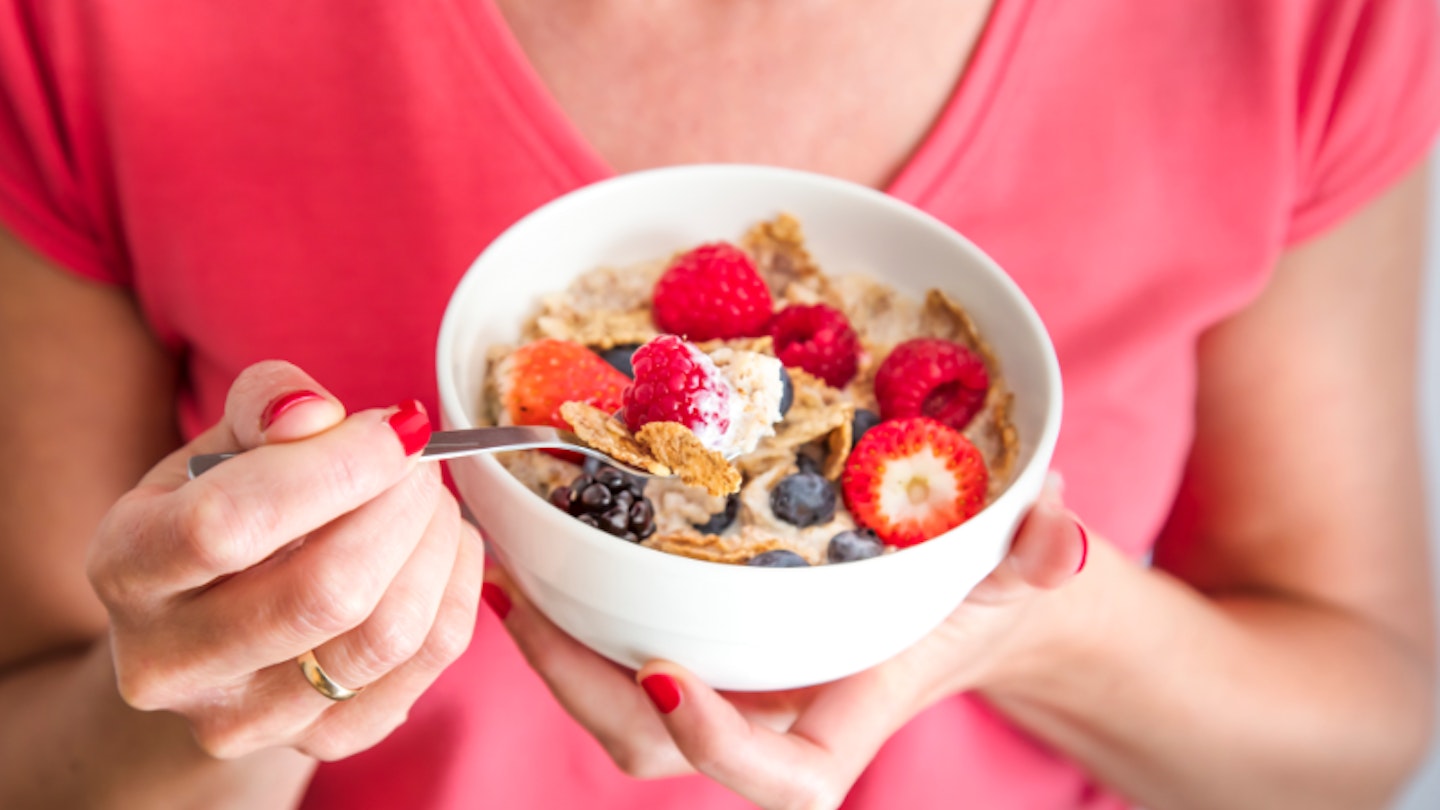You spent the past nine months eating to nurture your baby (even if all you really fancied was pickled onions and gravy).
Now he’s here, you’re probably finding that tending to his needs means your diet is no longer top priority.
But the more you look after yourself, the quicker you’ll heal and be better equipped to care for your new baby.
Discover the foods that will help you be a supermum.
birth superfoods
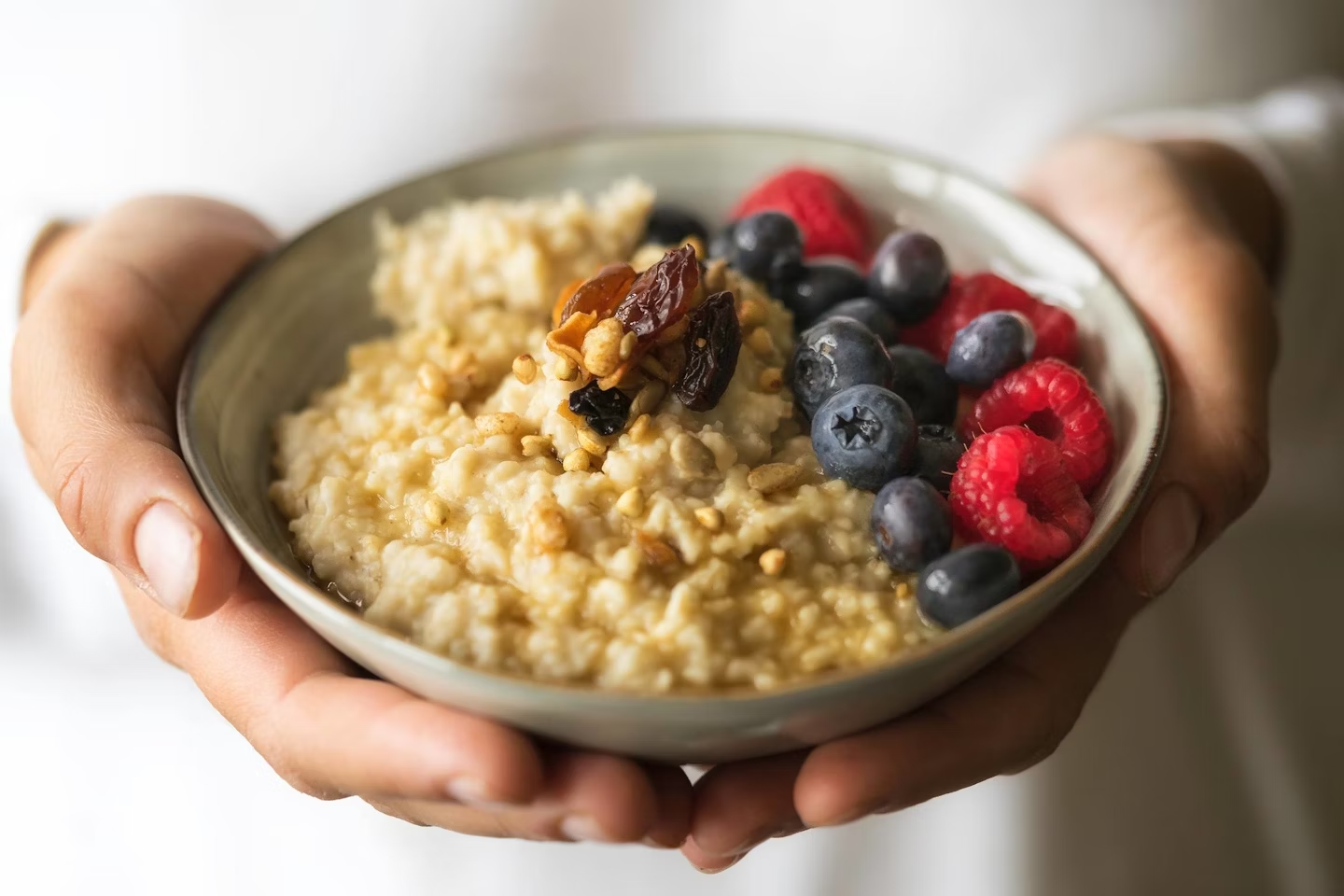 1 of 7
1 of 71) Oats to boost energy
New-mum sleep deprivation plus an erratic diet equals major energy troughs, but you’ll feel better faster if you choose energy-boosting options.
‘Wholegrain foods, such as oats and brown bread, rice and pasta, are slow-releasing carbs, which keep your energy levels constant,’ says dietician Priya Tew.
Oats are also rich in iron, calcium and magnesium – vital for your depleted vitamin and mineral stores after labour – plus they’re packed with soluble fibre to ease constipation.
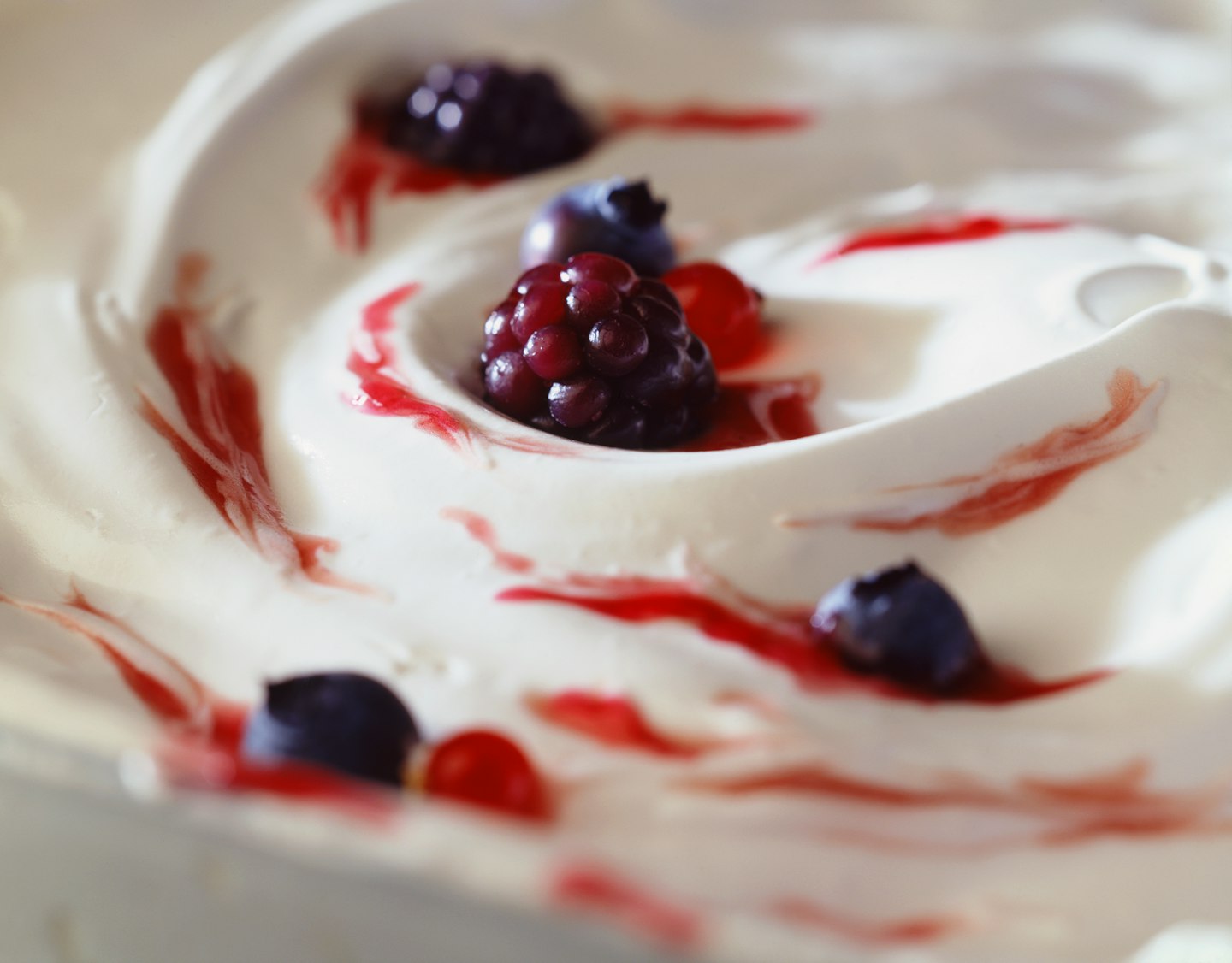 2 of 7
2 of 72) Yoghurt to nourish you through breastfeeding
If you’rebreastfeeding, you need plenty of calcium to strengthen your baby’s bones and teeth, and ensure her blood clots normally.
"Yoghurt is a great source of calcium," says registered nutritionist Dr Rafe Bundy. Department of Health guidelines recommend having 700mg a day, but nursing mothers need 550mg on top of that.
"Eating a 250g pot of yoghurt and drinking half a pint of milk a day will cover the extra," says Rafe.
"It makes little difference whether it’s fruit yoghurt or unsweetened, although live yoghurt is best." And it doesn’t matter if you drink skimmed, semi or whole milk – it all contains the same amount of calcium.
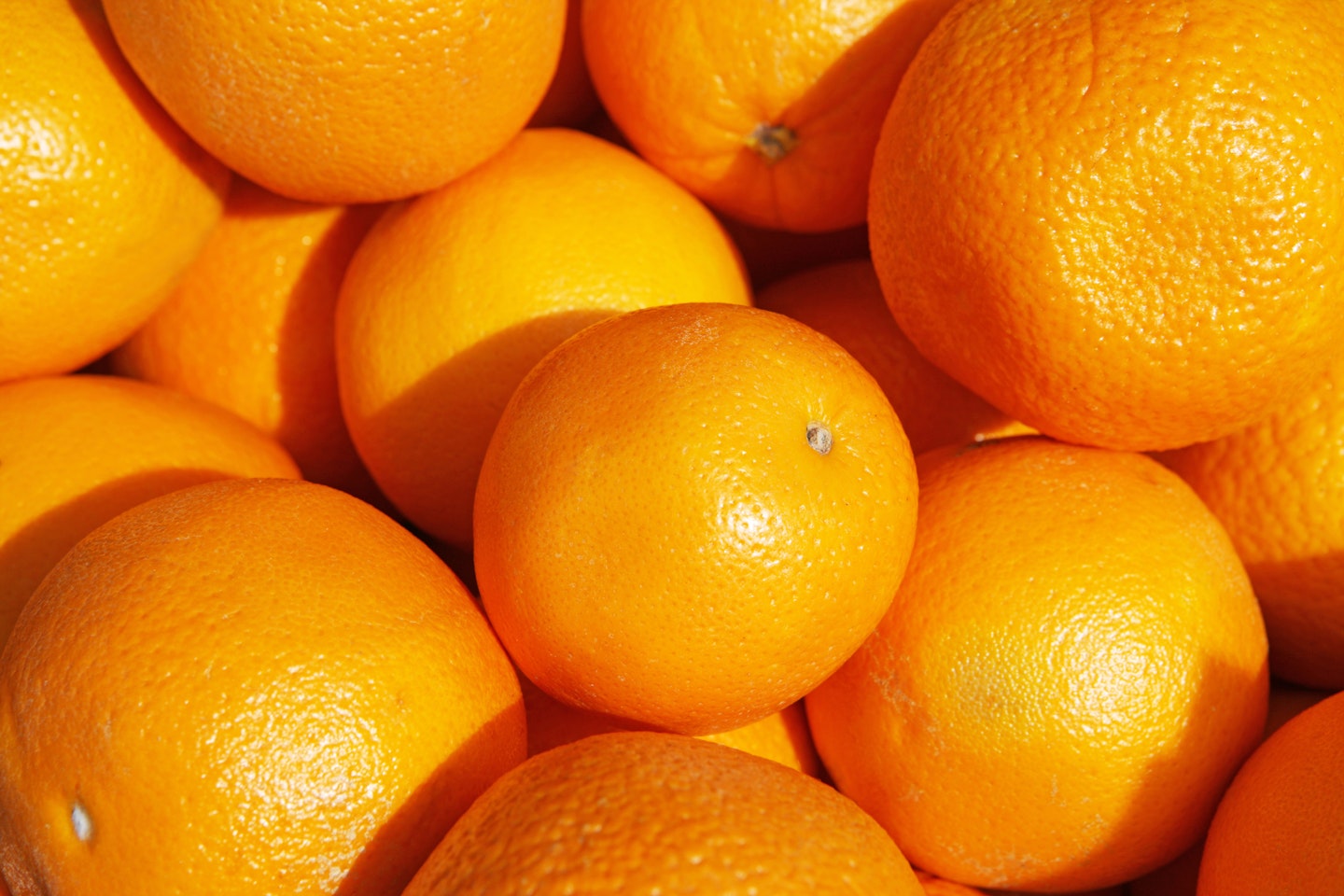 3 of 7
3 of 73) Oranges to heal your post-birth body
Whether you had a c-section, stitches or a straightforward birth, your body will benefit from a helping hand to heal.
"Vitamin C – high levels of which can be found in citrus fruit, such as oranges, lemons, grapefruits and limes – will help repair and maintain tissue," says Rafe.
Kiwis, papayas and strawberries are also bursting with this wonder vitamin, which aids the absorption of iron, too.
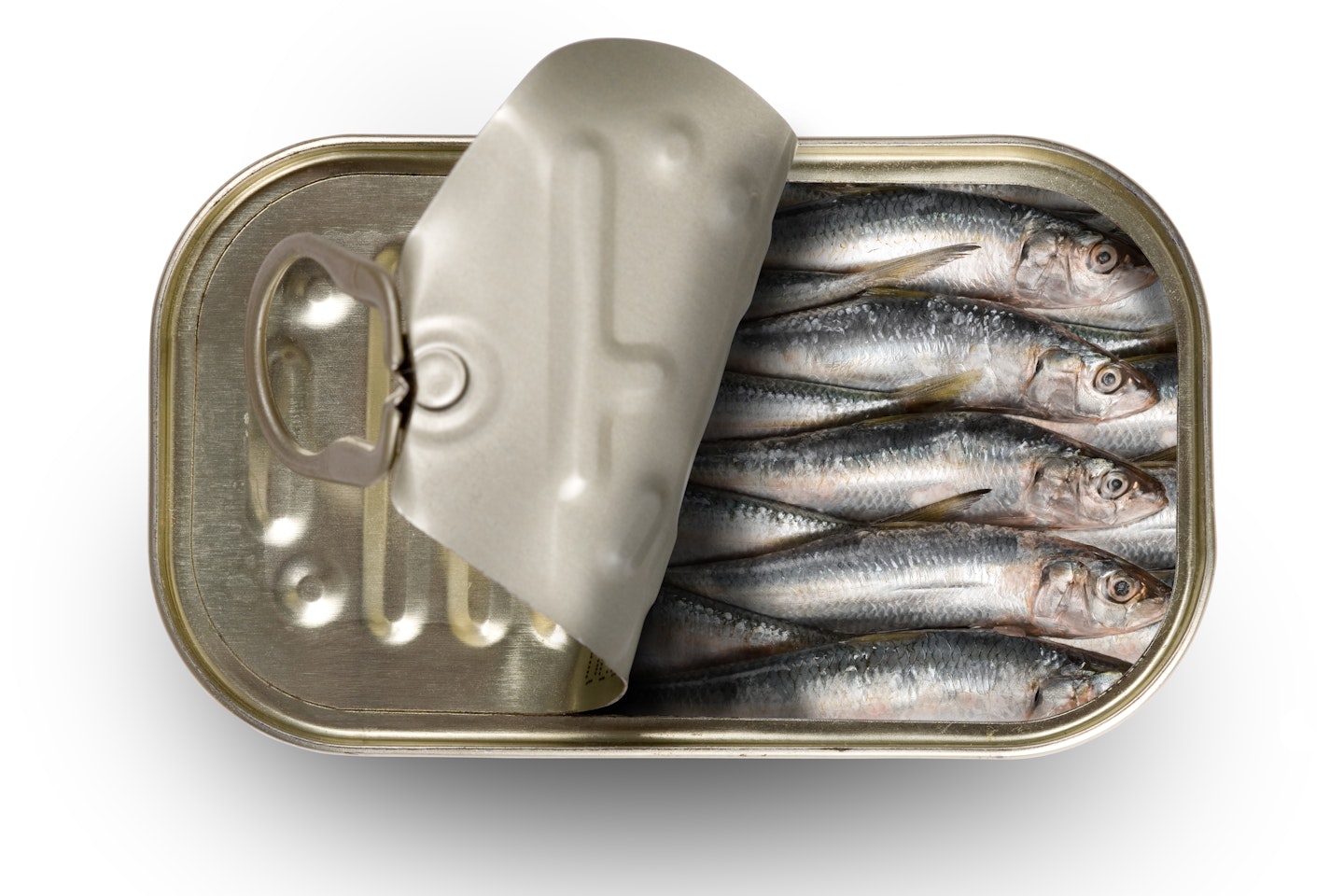 4 of 7
4 of 74) Sardines to beat the baby blues
Most women will feel a little down in the days after birth, due to the suddenhormonal and chemical changes yourbody goes through.
These baby blues should only last a few days, but two recent studies by the University of Las Palmas in Spain and University College London, discovered that women who followed a Mediterranean diet of oily fish, such as sardines, salmon and mackerel, along with fresh fruit, vegetables, olive oil and wholegrains, were 30% less likely to feel low.
This is due to the combination of essential fatty acids, B vitamins, antioxidants, flavonoids and folates that nourish your brain. If you do find your blues lasting longer than a week or two, see your GP.
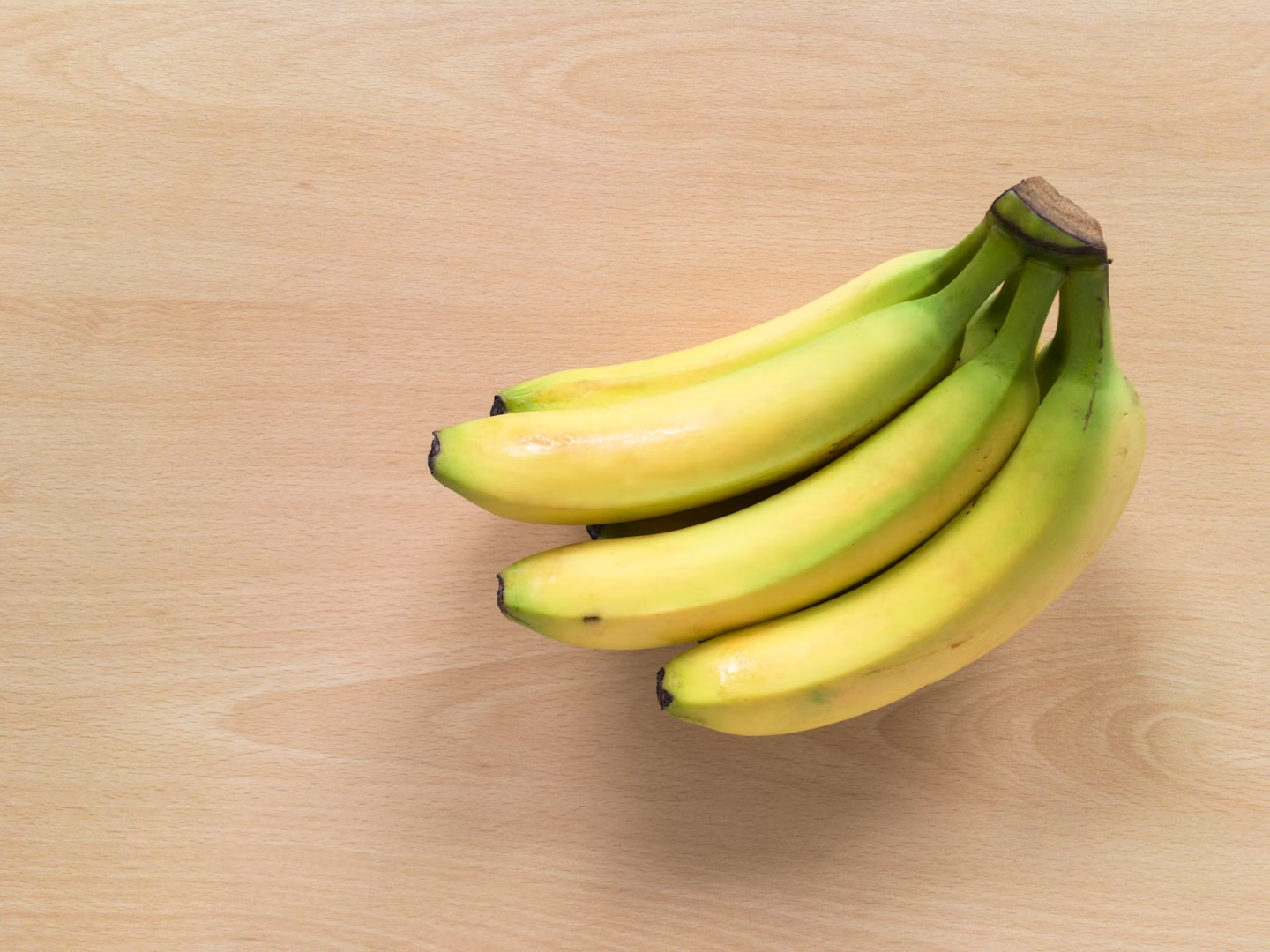 5 of 7
5 of 75) Bananas to sleep better
This is a precious commodity when you have a newborn, and including foods in your diet that help you fall asleep will mean you won’t be lying awake for hours after the 3am feed.
Tryptophan is the amino acid in protein that the body uses to make serotonin, which, in turn, makes melatonin – both calming hormones that slow down your brain and make you drowsy.
Tryptophan-rich foods include bananas, cottage cheese, turkey, spinach and eggs.
These need to be eaten alongside carbohydrates to help tryptophan access the brain, so mash half a banana onto wholegrain toast for a snooze-inducing bedtime snack.
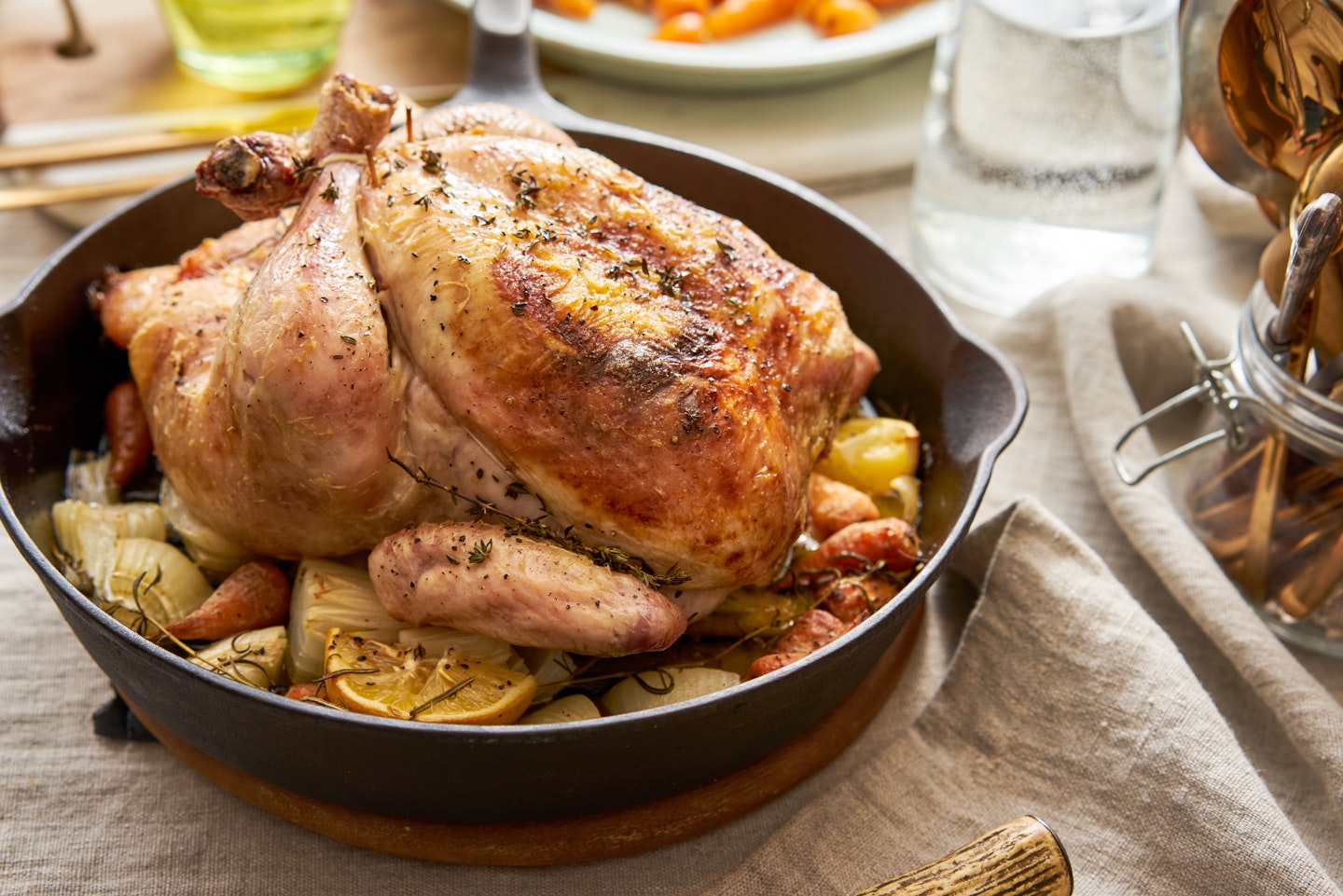 6 of 7
6 of 76) Lean meat to build up those buggy muscles
With a baby to carry and buggies to lift and fold, new motherhood requires extra stamina and strength.
Lean meat is full of protein – the compound that makes up much of your muscles, organs, cells and fluids – and meals featuring chicken, turkey or lean cuts of pork or beef will help give you the strength to get moving.
"Rich non-meat sources of protein include eggs, pulses, nuts and seeds, which help maintain and repair cells," says Rafe.
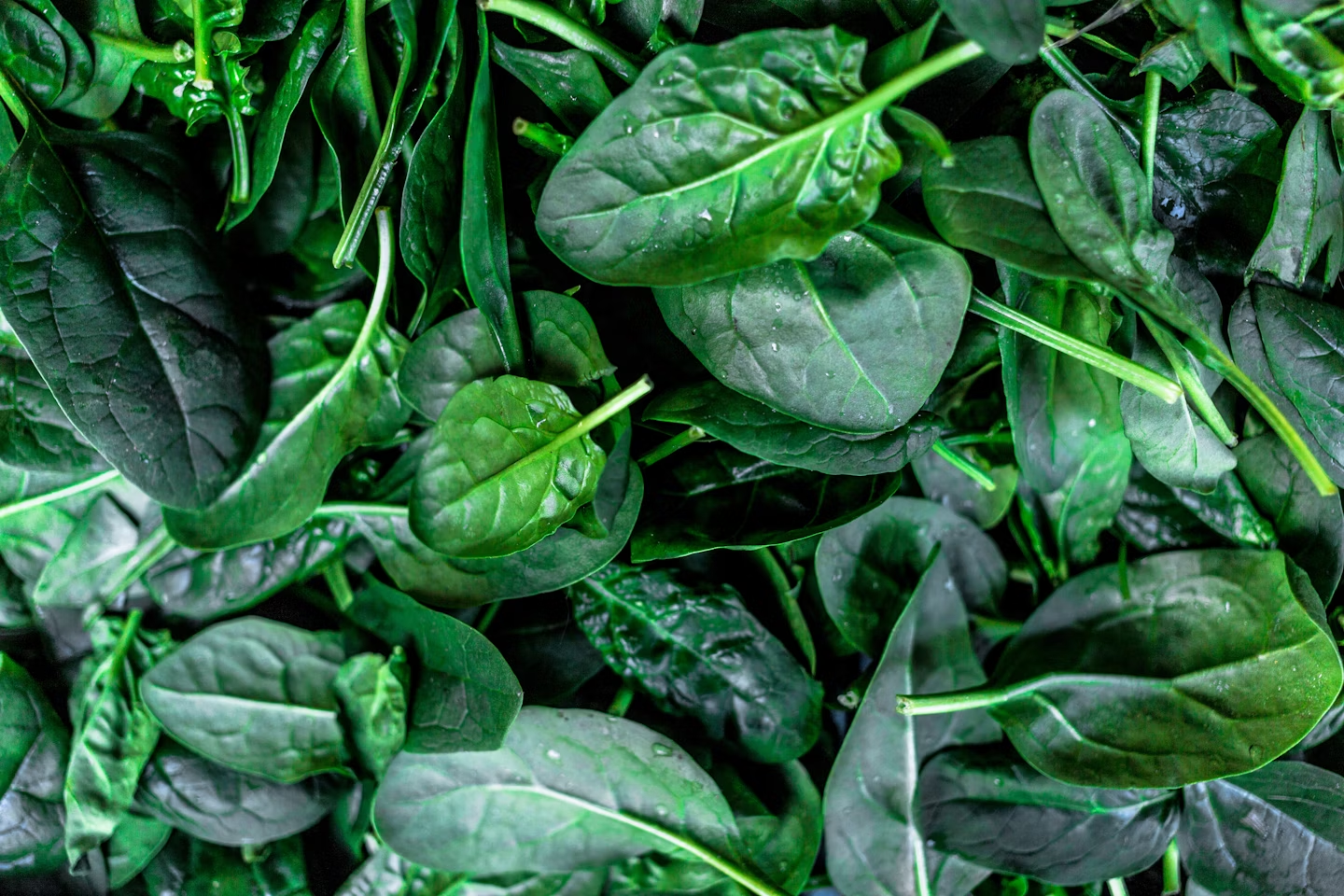 7 of 7
7 of 77) Iron for postnatal fatigue
Low iron levels and anaemia are common in late pregnancy due to the increased volume of blood you need to grow your baby.
"It’s even more prevalent after the birth, due to the natural blood loss that occurs during delivery," says health visitor Sarah Mugford.
Anaemia can make you feel lethargic, so boost iron stores by eating a diet rich in dark-green leafy vegetables, such as spinach, watercress, chard and curly kale, plus beans, nuts, meat, apricots and prunes.
"Vegetable sources of iron aren’t as easily absorbed as iron found in red meat," says Rafe. "But you can maximise absorption from greens by finely chopping or puréeing them, then eating them with fish, poultry or meat."
